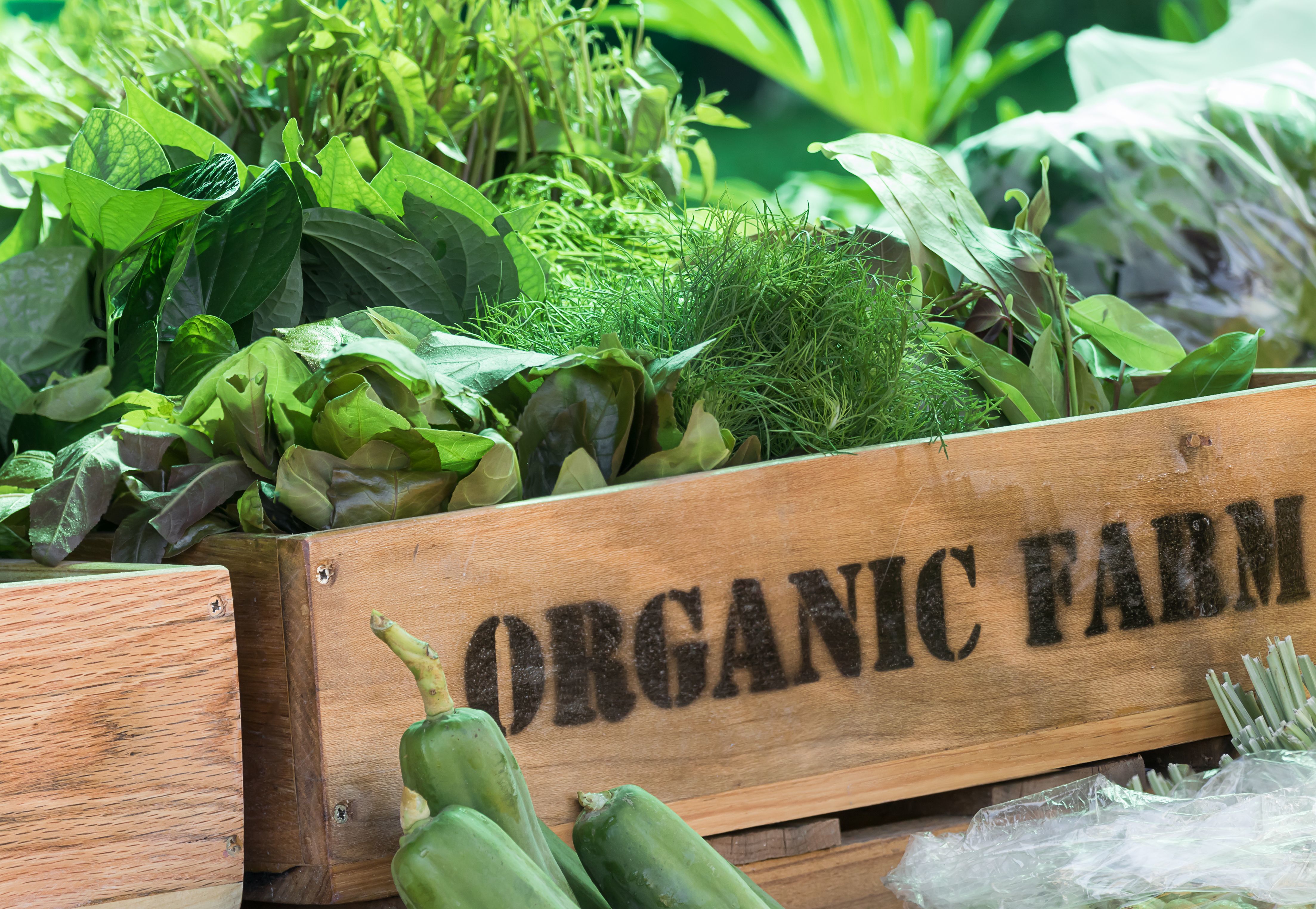India has a remarkable ability to broaden the prospects of agriculture organically and can be a top dealer of natural products across the world. Organic farming projects are being taken up in India because there are specific lands where excessive use of chemical and synthetic fertilizer has depleted the quality of the soil, and the yield from those lands are meagre. At the same time, organic farming techniques can hold ground exceptionally. The chemical use is hitting the sustainability inside the floor and reducing the fertility and efficiency of the earth. Using organic manure is an excellent solution to enhance the soil’s natural carbon levels, improving productiveness. There must be a huge-scale conversion of organic agriculture that would lower food shortage because the yield of organic structures relates to traditional agriculture. The output of productivity is almost around 10– 15% more, specifically in intensive farming structures. Organic farming is highly beneficial, and today in the 21st century, sustainable technology farming productivity can be increased without causing any harm to the environment.

To increase yields, these days, farmers use chemical fertilizers. However, mechanical tools can be appropriate options. For instance, the curler crimper, a device dragged via a tractor via alfalfa and hay fields for harvest season, breaks down the plant’s mobile walls technique and quickens decomposition. This human-made device increases soil fertility by speeding up the natural decomposition system – without synthetic chemical substances. Another available innovation that can increase yield quantity in natural farms in the ring house is much like a greenhouse – simplest, simpler, faster, and much less expensive to construct. Together with raised beds, a walled-off piece of land extends the growing season by shielding crops from terrible weather and retaining heat. In this manner, increasing vegetation can then be produced for the local market, preserving the need to import them from another location (which cuts down carbon emissions). This research-orientated improvement enables farmers to increase yields and also easily enhance their economic balance.
Organic farmers can’t use the identical technology as traditional farmers – like pesticides and genetic engineering – to develop yields. There’s a false impression that they stubbornly shun the generation who pick an age-antique lifestyle over cutting-edge techniques. However, it’s not actual. The farmers can use their expertise in natural strategies – the mating behavior of pests, for example – to optimize yields and take care of their plants. The sudden consequences can make you amazed to draw the road between era and nature. Organic farming’s hype is not new in India; some practices are being accompanied from historical times. But, it’s far from a practical farming approach wherein the plants are cultivated to keep the soil alive, fertile and healthy. And, the ground may be, without difficulty, stored healthfully and fruitfully with the assistance of natural waste. Biological wastes like aquatic waste, farm waste, animal waste and crop play an essential function in enriching the soil’s vitamins. Microbes are the best natural bio-fertilizers that assist release the nutrient to the floor and make it less complicated for the vegetation to soak up. The crop yield via natural farming helps increase sustainable production, is also eco-friendly, and does no longer pollute the environment. Organic agriculture in India is crucial as it may reduce a large amount of carbon emission. Our compulsion might stabilize agricultural manufacturing and develop it further sustainably as the population increases. These natural farming methods are renewable and not diminishing in their availability. Organic farming combined with the latest technology used in agriculture will be a blessing for our generation, improving our health and saving the planet.